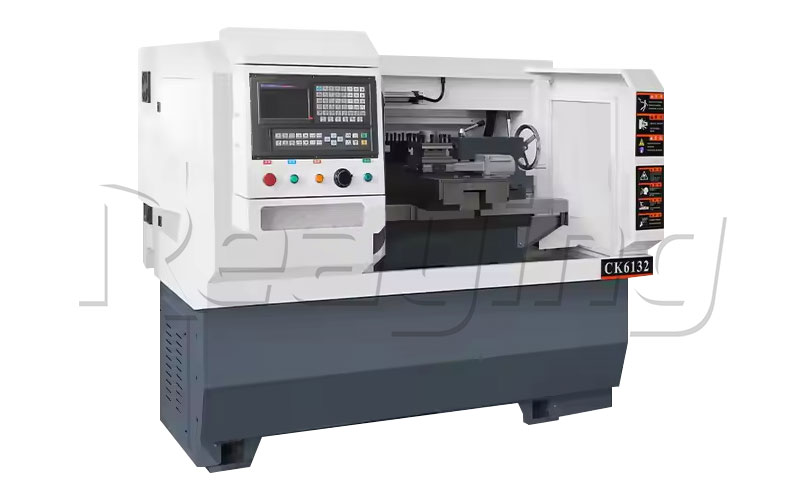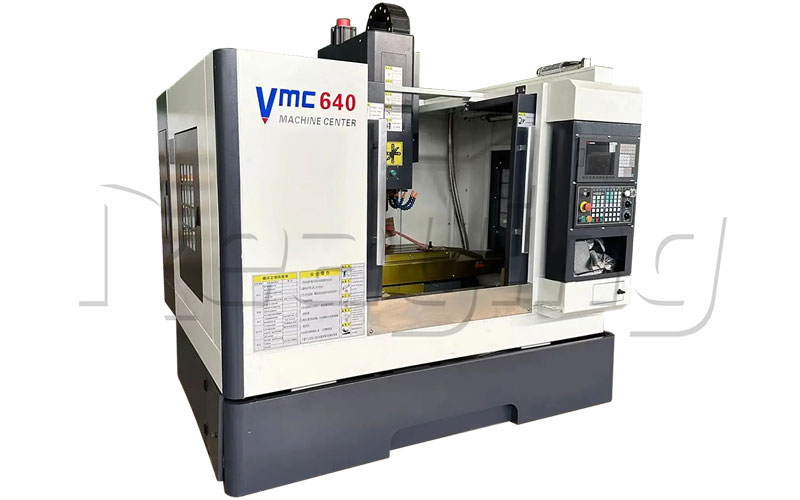Shandong Reaying Machinery Co., Ltd. is one of the leading laser machine manufacturers around the world since 2008 with a registered capital of 3 million yuan. It is a high-tech enterprise focusing on R&D, production, sales and service of laser engraving, marking and cutting products. As a well-known laser equipment manufacturer, Reaying laser machines mainly consist of laser engraving machine, laser cutting machine, fiber laser marking machine, fiber laser cutting machine, fiber laser cleaning machine and CNC router woodworking machine and other laser equipment…Production meets the European standards and international quality control, obtains certificates such as CE/FDA/ISO9001/SGS etc.
Read MoreShandong Reaying Machinery Co., Ltd. is one of the leading laser machine manufacturers around the world since 2008.
We have separate R&D department and the latest CNC laser machinery technology. We are able to offer customized machines for our clients, cater their exclusive demands.
Our factory has CNC laser engraving、cutting、welding,、cleaning machine, and has rich experience and strong working capabilities in the field of machine production.
The Reaying Machinery is continuing the legacy of 'Made In China' quality products. Reaying CNC has won an excellent reputation in the global market.
The company invested heavily to build a super factory in Jiyang District, Jinan City
Production meets the European standards and international quality control, obtains certificates such as CE/FDA/ISO9001/SGS etc.

Shandong Reaying Machinery Co., Ltd is a professional manufacturer of Industrial Laser Equipment. Our machines are widely used in metal processing industry, include fiber laser cutting machine, laser welding machine, laser cleaning machine, laser marking machine, CO2 laser engraving machine and related accessories.
Learn MoreWe use high-quality technical services to ensure the safety and quality of each machinery, and use more mature solutions to solve every problem
We have professional design, sales, production and after-sales service team, tell us your work demand, we will give you suggestions as appropriate.
Our online service team work 24 hours (Monday to Sunday), Any technical questions will be answered as soon as possible.
Just tell us what you want to do by using CNC machine, then let us give you perfect solutions and suggestions.


CEO

Sales Manager

CFO

We are using the machine and it's been working fantastic with no issues at all! It has worked each and every time we have required it! We are very happy with the machine.

You are the best service team i’ve met during 16 years trading with China. We would like to promote more Laser projects with you.



4F, Building 1, Fenghuang International Plaza, High-tech Zone, Jinan China
info@reaying.com
+86 531 8868 4283
+86 178 6517 9266 (Wechat,WhatsApp)
Copyright © 2008-2025 Shandong Reaying Machinery Co., Ltd. All Rights Reserved.